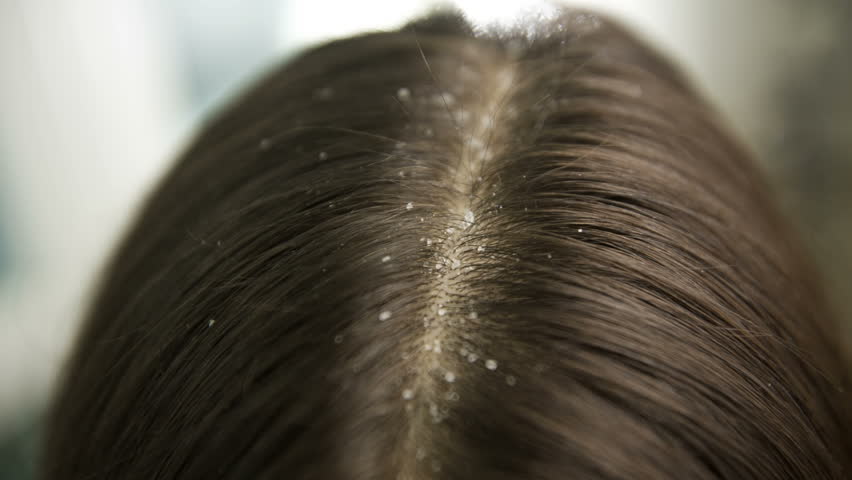
Dandruff, a common scalp condition, affects a significant portion of the global population, crossing age, gender, and ethnic lines. Characterized by the presence of white or gray flakes of skin on the scalp and in the hair, dandruff is more than a cosmetic inconvenience; for many, it’s a source of discomfort and self-consciousness. This article delves into what dandruff is, explores its causes, and sheds light on the factors that contribute to its development.
What is Dandruff?
Dandruff is the result of the excessive shedding of dead skin cells from the scalp. While some degree of skin shedding is normal — as skin cells die, they’re sloughed off to make room for new cells — dandruff occurs when this process accelerates. The condition is often accompanied by symptoms such as itchiness and redness of the scalp.
The flakes associated with dandruff can vary in size and severity, influenced by numerous factors ranging from skincare habits to underlying health conditions. It’s important to distinguish between simple dandruff and seborrheic dermatitis, a more severe form of the condition that affects not only the scalp but also other areas of the body where oil glands are present.
Causes of Dandruff
The exact cause of dandruff is multifaceted, involving a combination of factors that include:
1. Seborrheic Dermatitis
This common skin condition, marked by oily and irritated skin, is one of the primary causes of dandruff. It affects areas of the body with a high density of oil glands, including the scalp, leading to the production of dandruff flakes.
2. Malassezia
Malassezia is a genus of fungi that naturally exists on the scalp. While ordinarily harmless, it can sometimes grow out of control, feeding on the oils secreted by hair follicles. This can irritate the scalp and lead to increased cell turnover, resulting in dandruff.
3. Dry Skin
People with dry skin are more prone to experiencing dandruff, particularly in cold, dry winter months. Flakes from dry skin are generally smaller and less oily than those caused by other factors.
4. Sensitivity to Hair Care Products
Certain hair care products can lead to a scalp reaction called contact dermatitis, which can manifest as a red, itchy, scaling scalp — contributing to dandruff formation.
5. Insufficient Hair Washing
Not washing hair regularly can lead to the accumulation of oils and skin cells on the scalp, which can cause dandruff.
6. Diet
While not a direct cause, diet can play a role in managing dandruff. A lack of certain nutrients, such as zinc, B vitamins, and certain types of fats, may contribute to scalp health issues.
7. Stress
Evidence suggests that stress can exacerbate dandruff for those already predisposed to the condition, likely due to its impact on overall health and the immune system.
8. Medical Conditions
Individuals with certain neurological illnesses, such as Parkinson’s disease, or those with compromised immune systems, are at a higher risk of developing seborrheic dermatitis and dandruff.
Natural Remedies for Dandruff
There are several natural remedies available for treating dandruff. These remedies are simple, yet effective and removes dandruff permanently.
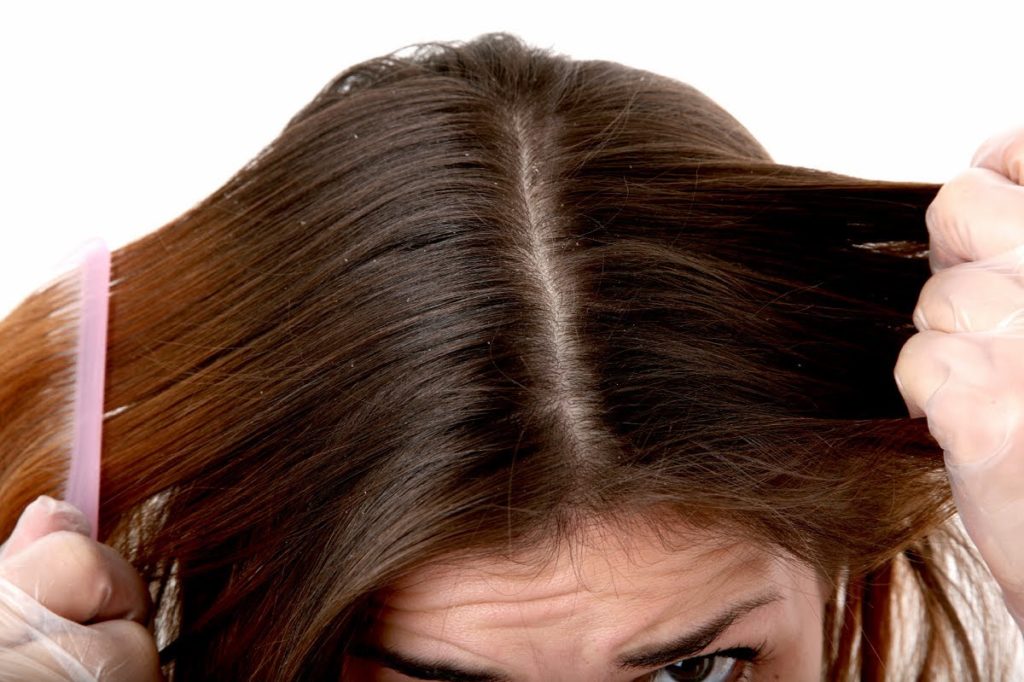
Dandruff can be a persistent and frustrating hair problem, but nature has provided us with powerful remedies to combat it. One such remedy is the use of shallots, which not only fight dandruff but also promote hair growth. In this article, we will explore the benefits of shallots for hair care and provide you with a step-by-step guide to preparing and using a shallot hair pack.
Benefits of Shallots for Hair
Before we delve into the hair pack recipe, let’s take a closer look at the remarkable benefits of shallots for hair health:
- Anti-Oxidant Properties:
- Shallots are rich in antioxidants that help protect the hair follicles from damage caused by free radicals. This can prevent hair breakage and improve overall hair health.
- Anti-Bacterial and Anti-Viral Properties:
- Shallots possess natural antibacterial and antiviral properties, which can help combat scalp infections that may contribute to dandruff and other scalp issues.
- Fights Dandruff:
- The anti-fungal properties of shallots make them an effective remedy for dandruff. Regular use of shallots can help reduce scalp irritation, itching, and flaking associated with dandruff.
- Anti-Fungal Properties:
- Shallots contain compounds that exhibit strong anti-fungal properties, making them an excellent natural remedy for fungal infections on the scalp.
- Promotes Hair Growth:
- The nourishing properties of shallots can stimulate hair growth and improve the overall thickness and quality of the hair.
Preparing the Shallot Hair Pack
Now that we understand the benefits of shallots for hair, let’s learn how to prepare and use a simple yet powerful hair pack:
Step 1: Take some Shallots and Remove the Skin
Start by gathering a sufficient amount of shallots depending on the length and thickness of your hair. Peel off the skin of the shallots and collect them in a bowl.
Step 2: Grind the Shallots to a Paste
Transfer the peeled shallots to a grinder or blender and grind them into a smooth paste. It is essential not to add any water during the grinding process, as we want to retain the concentrated properties of the shallots.
Step 3: Add Gingelly Oil to the Paste
Once you have a smooth shallot paste, add some gingelly oil to it. Gingelly oil, also known as sesame oil, is highly beneficial for hair and scalp health. The oil will help enhance the effectiveness of the hair pack and provide additional nourishment to your hair.
Step 4: Mix the Paste Well
Thoroughly mix the shallot paste and gingelly oil until they are well combined. Ensure that the paste and oil are evenly distributed to create a consistent mixture.
Application and Usage
Now that your shallot hair pack is ready, it’s time to apply it to your hair. Follow these simple steps for best results:
- Start with Clean Hair:
- Before applying the hair pack, ensure that your hair is clean and free from any product buildup or dirt. Wash your hair using a mild shampoo and gently towel-dry it.
- Apply the Hair Pack:
- Take a generous amount of the shallot hair pack and apply it evenly to your hair, focusing on the scalp and the roots. Use your fingertips to massage the pack into your scalp gently. Ensure that all areas are covered.
- Leave it on for 20-30 Minutes:
- Allow the hair pack to work its magic for about 20 to 30 minutes. During this time, the anti-fungal properties of the shallots will help fight dandruff, while the nourishing ingredients will penetrate the hair shaft and promote hair growth.
- Rinse and Shampoo:
- After the recommended duration, rinse off the hair pack thoroughly with lukewarm water. Use a mild shampoo to wash your hair and remove any residue.
- Repeat Once a Week:
- For optimal results, apply this shallot hair pack once a week. Consistency is key in combating dandruff and promoting healthy hair growth.
Conclusion
The natural properties of shallots make them a valuable ingredient for fighting dandruff and promoting hair growth. By harnessing the anti-fungal, anti-bacterial, and antioxidant properties of shallots, you can achieve a dandruff-free scalp and healthier hair. Incorporate this simple yet powerful hair pack into your hair care routine and enjoy the benefits of beautiful, lustrous locks. Remember to be consistent and patient, as natural remedies often require time to show their full effects. Say goodbye to dandruff and embrace vibrant, healthy hair with the help of shallots!
Check the video for the detailed explanation of the steps to make hair pack.
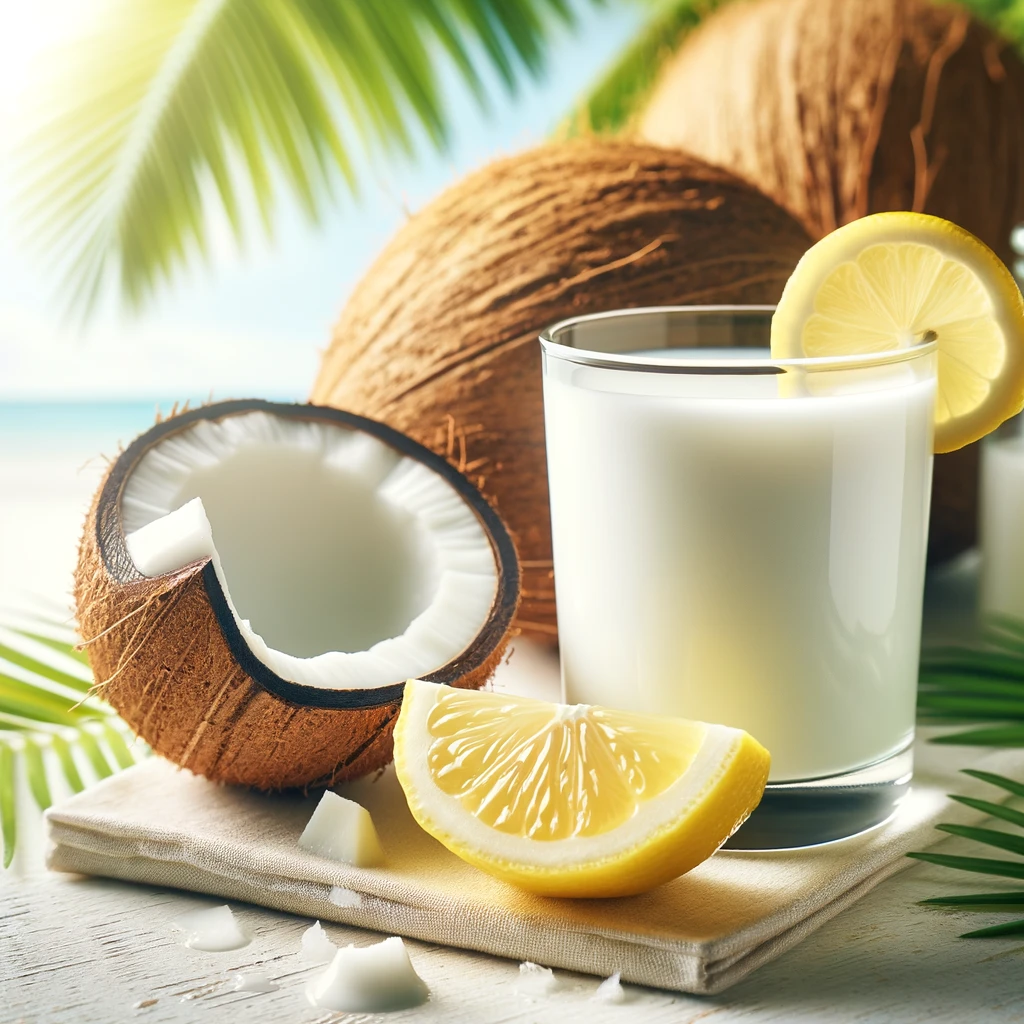
Dandruff, characterized by the flaking of the scalp, affects nearly half the population at some point in their lives. This common condition is not only a source of discomfort but also impacts self-esteem and social interactions. The journey towards a permanent solution has led many back to nature, which offers a myriad of remedies that have stood the test of time. Among these, the combination of coconut milk, lemon juice, and fenugreek seeds is celebrated for its remarkable ability to alleviate dandruff.
Things Needed
- Coconut Milk: ½ Cup
- Lemon Juice: 3 Tablespoons
- Fenugreek Seeds: ½ Cup
These ingredients are readily available and combine to form a powerful anti-dandruff concoction.
Steps to Prepare
- Soak the Fenugreek Seeds: Begin by soaking the fenugreek seeds in water overnight. This softens the seeds, making them easier to grind into a paste.
- Grind the Fenugreek Seeds: The next morning, drain the water and grind the soaked seeds into a fine paste. A blender or mortar and pestle can be used for this purpose.
- Prepare the Mixture: In a bowl, take the coconut milk and add the lemon juice. Stir well to combine.
- Incorporate the Fenugreek Paste: Add the fenugreek paste to the coconut milk and lemon juice mixture. Mix thoroughly until a homogeneous paste is formed.
How to Apply
- Apply to Scalp and Hair: Using your fingers or a brush, apply the mixture evenly across your scalp and through your hair, ensuring thorough coverage.
- Leave It On: Allow the mixture to sit on your scalp and hair for 15-30 minutes. This duration lets the ingredients actively work against dandruff.
- Rinse Off: Wash the mixture out of your hair using plain water. Ensure all residue is removed to prevent buildup.
Benefits
- Dandruff Reduction: Lemon juice, with its antibacterial and antifungal properties, combats dandruff at its source and prevents future fungal growth.
- Scalp Nourishment: Coconut milk moisturizes the scalp, addressing dryness, a primary cause of dandruff.
- Hair Health: Fenugreek seeds, rich in vitamin C and proteins, contribute to overall hair health, fighting off dandruff and curing split ends.
Precautions
- Patch Test: Before applying the mixture to your hair, conduct a patch test to ensure no allergic reactions occur.
- Fresh Ingredients: Use fresh coconut milk and lemon juice to maximize the potency of the remedy.
Tips
- Consistency Is Key: For significant results, adhere to the treatment twice a week for 4-5 months.
- Balanced Diet: Complement this remedy with a diet rich in vitamins and minerals to support scalp health from within.
Conclusion
The journey to dandruff-free hair need not be fraught with chemicals and temporary fixes. The natural remedy of coconut milk, lemon juice, and fenugreek seeds offers a time-tested solution that not only addresses the symptoms of dandruff but also nurtures the scalp and hair. By embracing this holistic approach and committing to regular application, individuals can achieve lasting relief from dandruff, unveiling healthy, vibrant hair that reflects the nurturing power of nature.
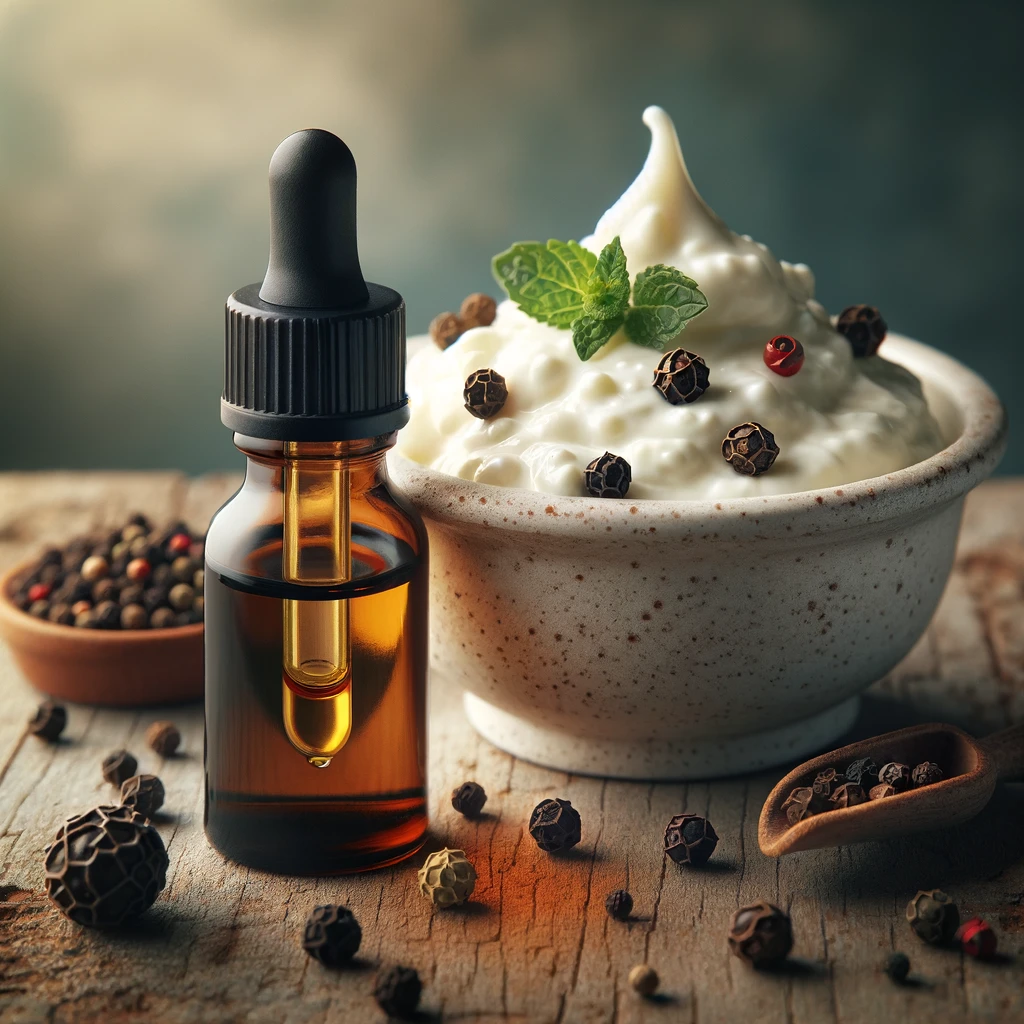
In the realm of natural hair care, traditional Indian remedies have always held a place of reverence. These solutions, passed down through generations, emphasize the power of nature in healing and restoration. The combination of pepper oil and curd, enhanced by the addition of a hibiscus flower, represents such a legacy. This remedy, once a closely guarded secret among a select few, offers a natural and effective approach to combating dandruff and promoting hair health.
Things Needed
- Pepper Oil: 1 small cup
- Curd: 1 small cup
- Hibiscus Flower: 1 piece
These ingredients, each with unique properties, combine to form a powerful anti-dandruff mixture.
Steps to Prepare
- Smash the Hibiscus Flower: Begin by crushing the hibiscus flower to a paste. This helps release its natural juices and compounds, making it easier to blend with the other ingredients.
- Combine the Ingredients: In a small bowl, pour the pepper oil. Add the curd to this, followed by the smashed hibiscus flower.
- Mix Well: Stir the mixture thoroughly until all the ingredients are well combined. The goal is to achieve a smooth, consistent paste that can be easily applied to the scalp and hair.
How to Apply
- Application: Apply the mixture directly onto the scalp and hair. Ensure even coverage, paying special attention to areas more prone to dandruff.
- Massage Gently: Spend 5-10 minutes massaging the mixture into your scalp. This not only helps in the absorption of the nutrients but also stimulates blood circulation, enhancing hair growth.
- Rinse: After allowing the mixture to sit for a while, wash it off thoroughly with plain water. Ensure no residue is left behind, as this could lead to build-up and negate the benefits of the treatment.
- Frequency: For optimal results, this treatment should be applied thrice a week over a few months. Consistency is key to witnessing a gradual reduction in dandruff and improvement in hair texture.
Benefits
- Dandruff Reduction: Pepper oil, with its rich content of vitamins A and C, along with its antioxidant properties, effectively combats dandruff.
- Scalp Health: The oil’s ability to open pores promotes healthy hair growth, addressing issues of hair fall and thinness.
- Hair Nourishment: Curd acts as a cooling agent, balancing the heat from the pepper oil, while providing essential proteins for hair growth.
- Added Shine and Softness: The hibiscus flower, known for its conditioning properties, leaves hair soft, supple, and shiny.
Precautions
- Allergy Test: Before full application, conduct a patch test to ensure there are no adverse reactions to the ingredients.
- Quality of Ingredients: Use pure, high-quality pepper oil and fresh curd to avoid any negative effects.
Tips
- Freshness Matters: For the best results, use freshly prepared curd and freshly plucked hibiscus flowers.
- Warm Water Rinse: Washing the hair with lukewarm water can help in better removal of the mixture while providing additional soothing effects.
Conclusion
The traditional Indian remedy of pepper oil and curd, enhanced by the hibiscus flower, presents a natural and effective solution to the age-old problem of dandruff. By embracing this ancient wisdom, one can not only combat dandruff but also foster healthier, more vibrant hair. As we turn back to nature for answers, remedies like these remind us of the gentle yet powerful solutions lying within the natural world, waiting to be rediscovered and utilized for our well-being.
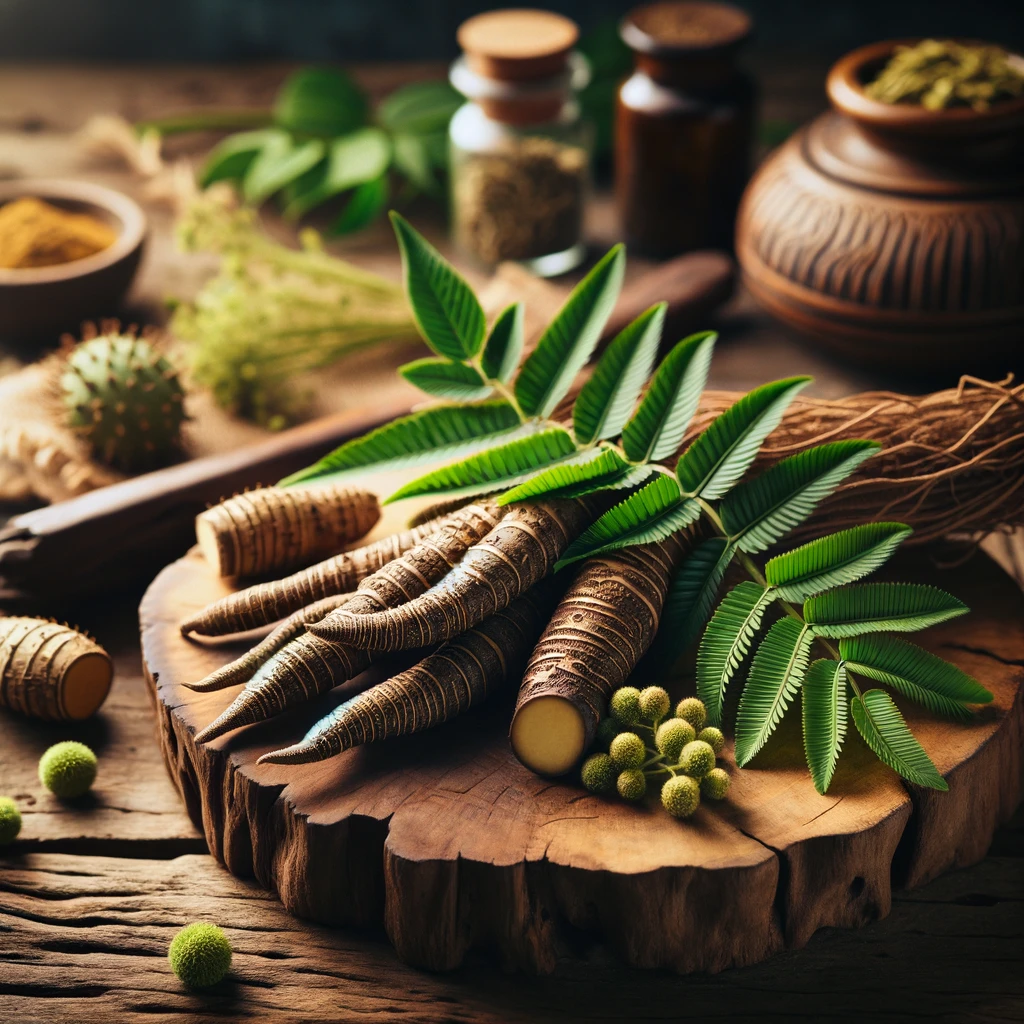
Dandruff, characterized by flaky scalp skin, can be more than just an aesthetic issue. It often comes with itching, irritation, and can affect self-esteem. The root causes are multifaceted, including environmental pollutants, lifestyle stressors, and poor nutrition. In this context, Vasambu and Poduthalai, two herbal powerhouses, provide a natural and effective remedy for combating dandruff, showcasing the potential of traditional treatments in addressing contemporary health challenges.
Things Needed
- Vasambu Juice: 2 Tablespoons
- Poduthalai Juice: 2 Tablespoons
These ingredients are renowned in herbal medicine for their properties that directly target the causes and symptoms of dandruff.
Steps to Prepare
- Extracting the Juices: Begin by sourcing fresh Vasambu and Poduthalai. Grind or crush these herbs to extract their juice. For those without the means to extract fresh juice, purchasing pure, pre-extracted juice from a trusted herbal store is a viable alternative.
- Mixing: In a small bowl, combine equal parts of Vasambu and Poduthalai juice. Stir the mixture until the juices are thoroughly blended.
How to Apply
- Application: Before bedtime, apply the mixture evenly across your scalp, ensuring that no area is left untreated. Gently massage it into the scalp to enhance absorption and stimulate blood circulation.
- Overnight Treatment: Allow the treatment to work overnight for optimal penetration and effectiveness. This prolonged exposure maximizes the therapeutic properties of the herbs.
- Rinsing: In the morning, rinse off the treatment with plain water. Ensure that all residue is thoroughly washed out to prevent any potential buildup.
- Frequency: For best results, this treatment should be repeated three times a week. Consistency is key to achieving significant, lasting relief from dandruff.
Benefits
- Dandruff Reduction: Poduthalai, with its anti-dandruff properties, directly combats the flakiness and itchiness associated with dandruff.
- Scalp Health: Vasambu’s anti-microbial action helps to cleanse the scalp of pathogens and lice, promoting overall scalp health.
- Hair Nourishment: Beyond dandruff treatment, this herbal blend nourishes the scalp and hair, contributing to softer, shinier hair.
Precautions
- Allergy Test: Before full application, conduct a patch test to rule out any allergic reactions to the herbs.
- Quality of Ingredients: Ensure that the Vasambu and Poduthalai used are of high quality and free from contaminants to avoid adverse effects.
Tips
- Freshness Matters: Whenever possible, use freshly extracted juices to guarantee the potency of the active compounds.
- Follow a Healthy Diet: Complement this treatment with a balanced diet rich in vitamins and minerals to support hair health from within.
- Stay Hydrated: Adequate hydration is crucial for maintaining healthy scalp and hair.
Conclusion
The battle against dandruff does not have to rely on chemical-laden products. The traditional remedy of Vasambu and Poduthalai offers a natural, effective, and holistic approach to dandruff treatment. By incorporating these herbs into your hair care routine, you can not only alleviate dandruff but also enhance the overall health and appearance of your hair. Embrace this ancient wisdom and embark on a journey to a healthier, dandruff-free scalp.
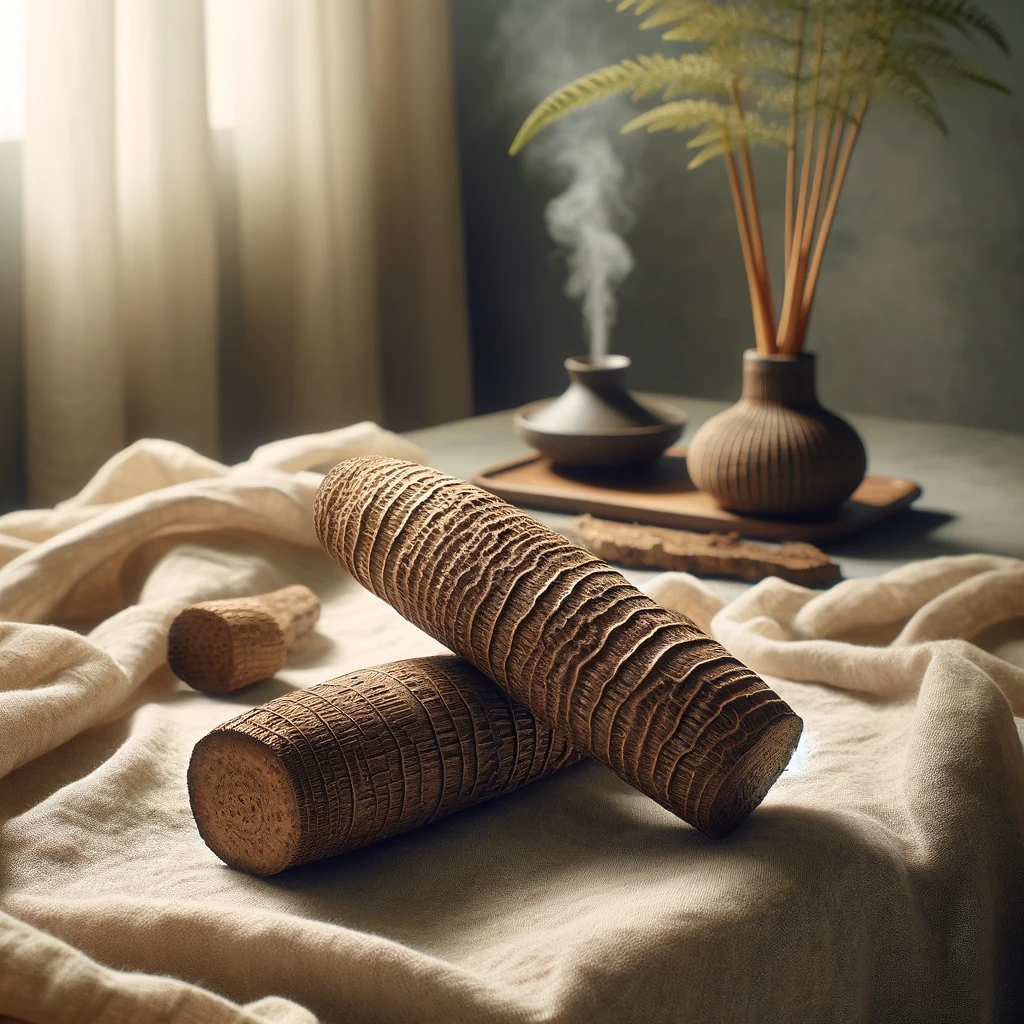
Dandruff, characterized by the shedding of dead skin cells from the scalp, poses a persistent challenge for many. While numerous commercial products promise relief, the quest for a lasting, natural solution often leads back to traditional remedies. Vasambu, with its impressive anti-microbial and anti-dandruff properties, represents a holistic approach to managing dandruff and enhancing scalp health.
Things Needed
- One small root of Vasambu
- One tablespoon of Gingelly oil (Sesame oil)
- Two tablespoons of Coconut oil
These ingredients, combined, create a potent hair oil blend that not only targets dandruff but also nourishes the scalp and hair.
Steps to Prepare
- Smash the Vasambu: Begin by breaking down the Vasambu root into small pieces. This increases the surface area, allowing for better infusion of its properties into the oil.
- Infuse with Gingelly Oil: Pour the gingelly oil into a bowl and add the Vasambu pieces. Place the mixture on the stove, allowing it to simmer gently until the Vasambu turns black. This process infuses the oil with the root’s active compounds.
- Cool and Combine: After achieving the desired color, remove the mixture from heat and let it cool. Strain the blackened Vasambu pieces from the gingelly oil.
- Mix with Coconut Oil: Combine the infused gingelly oil with coconut oil in a clean container. Stir well to ensure a homogenous mixture.
How to Apply
- Application: Before bedtime, apply the Vasambu-infused oil directly to the scalp and hair. Ensure even coverage, focusing on areas most affected by dandruff.
- Leave Overnight: Allow the oil to work its magic overnight, providing ample time for the scalp to absorb its benefits.
- Morning Rinse: Wash off the oil in the morning with plain water. For best results, follow this routine twice a week.
Benefits
- Dandruff Reduction: Vasambu’s anti-dandruff properties help eliminate scalp flakiness, reducing dandruff and associated itching.
- Scalp Health: The anti-microbial nature of Vasambu addresses scalp infections, promoting a healthy scalp environment.
- Hair Nourishment: The combination of gingelly and coconut oils ensures the hair remains moisturized and nourished.
- Lice Treatment: Vasambu’s efficacy extends to lice removal, offering a natural solution to this common hair concern.
Precautions
- Patch Test: Although Vasambu is generally safe, performing a patch test is advisable to rule out any allergic reactions.
- Quality of Ingredients: Use pure, unrefined oils and a high-quality Vasambu root to ensure the remedy’s effectiveness and safety.
Tips
- Consistency is Key: Regular application over three months is crucial for witnessing significant improvements.
- Storage: Store the oil in a cool, dark place to preserve its potency.
Conclusion
Vasambu stands out as a miraculous herb in the fight against dandruff, offering a testament to the wisdom of traditional remedies. By integrating this natural solution into your hair care regimen, you embark on a journey towards a dandruff-free scalp, enhanced hair health, and overall wellbeing. Embrace the power of Vasambu and discover the transformative effects of nature’s bounty on your hair.
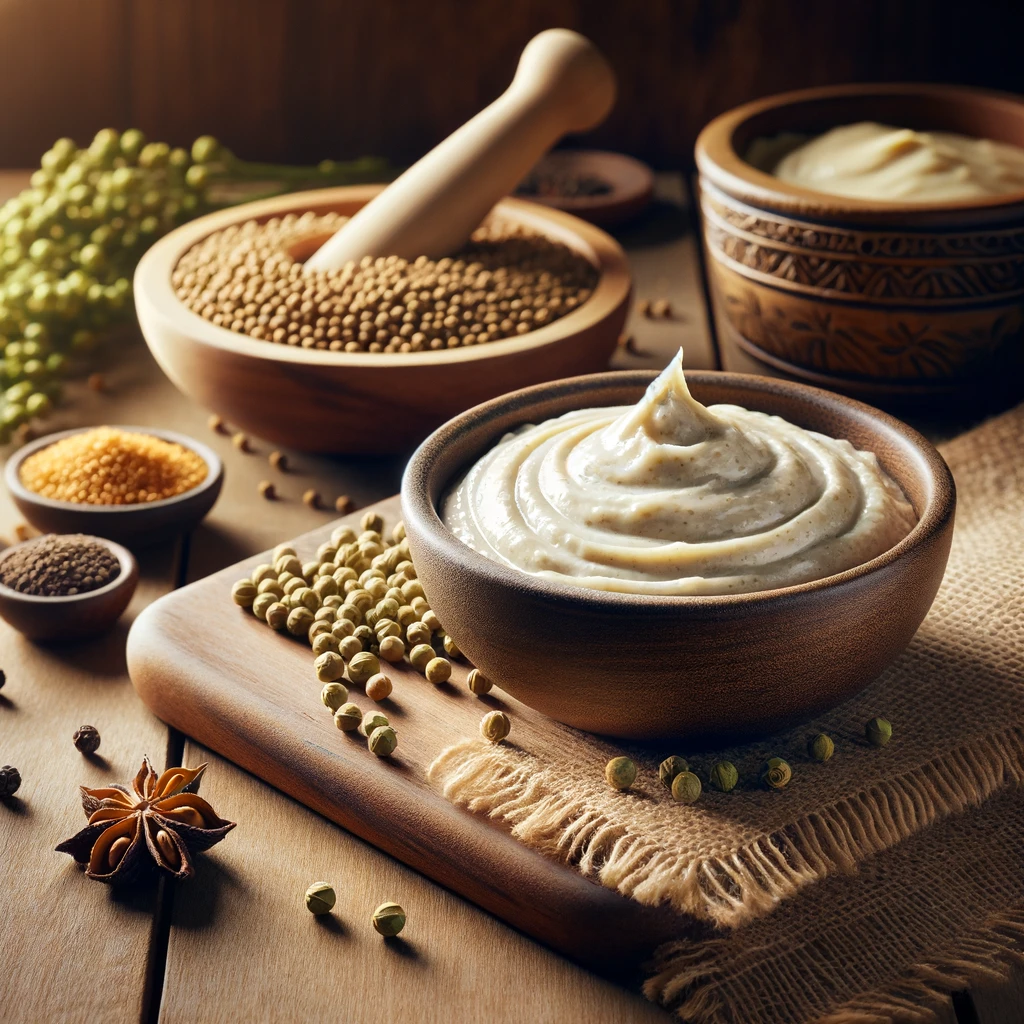
Introduction
The prevalence of dandruff in today’s fast-paced lifestyle is hardly surprising. Factors such as stress, pollution, and the use of harsh hair care products contribute to its ubiquity. However, the roots of an effective solution lie in the wisdom of ancient practices. The traditional Indian remedy of white pepper and fenugreek seeds for dandruff treatment offers not only relief from the symptoms but also a method to prevent recurrence.
Things Needed
To prepare this hair pack, you will need:
- 4 tablespoons of white pepper
- 2 tablespoons of fenugreek seeds
- ½ cup of raw cow’s milk
These ingredients are readily available and bring together the potent properties needed to combat dandruff effectively.
Steps to Prepare
- Grind the Ingredients: Start by grinding the white pepper and fenugreek seeds into a fine powder. A coffee grinder or mortar and pestle work well for this purpose.
- Mix with Milk: Combine the ground mixture with raw cow’s milk in a bowl. Stir until it forms a smooth, consistent paste. The milk acts as a binding agent and enhances the mixture’s nourishing properties.
- Let It Rest: Allow the mixture to sit for a few minutes. This resting period lets the ingredients’ active compounds meld, increasing the efficacy of the hair pack.
How to Apply
- Apply to Scalp and Hair: With clean hands or a brush, apply the paste evenly across your scalp and through your hair, from roots to tips.
- Cover and Wait: Let the hair pack sit for 30 minutes. Covering your hair with a shower cap can prevent the mixture from drying out too quickly.
- Rinse Thoroughly: Wash off the paste with warm water. Avoid using shampoo immediately after to ensure the scalp fully absorbs the benefits of the treatment.
Benefits
- Dandruff Reduction: The antimicrobial properties of white pepper, combined with the soothing effects of fenugreek seeds, effectively reduce dandruff.
- Scalp Health: White pepper’s heat-inducing quality improves blood circulation to the scalp, promoting the removal of dead skin cells and revitalizing hair roots.
- Hair Nourishment: Fenugreek seeds are rich in proteins and vitamins that nourish the hair, enhancing its strength and shine.
Precautions
- Skin Sensitivity: Individuals with sensitive skin should conduct a patch test before applying the pack to their scalp.
- Pepper Potency: The heat from white pepper can be intense. Start with a lower concentration if you’re concerned about scalp sensitivity.
Tips
- Consistency is Key: Regular application, as recommended, is crucial for seeing visible results.
- Follow Up with Natural Rinse: After washing off the hair pack, a rinse with diluted apple cider vinegar can help restore the scalp’s pH balance.
Conclusion
The ancient Indian remedy of white pepper and fenugreek seeds offers a natural, effective solution to the persistent problem of dandruff. By incorporating this hair pack into your regular hair care routine, you can enjoy a healthier scalp, reduced dandruff, and revitalized hair. This traditional practice not only alleviates current symptoms but also provides a preventative measure against future dandruff outbreaks, proving that sometimes, ancient wisdom holds the key to modern problems.
.
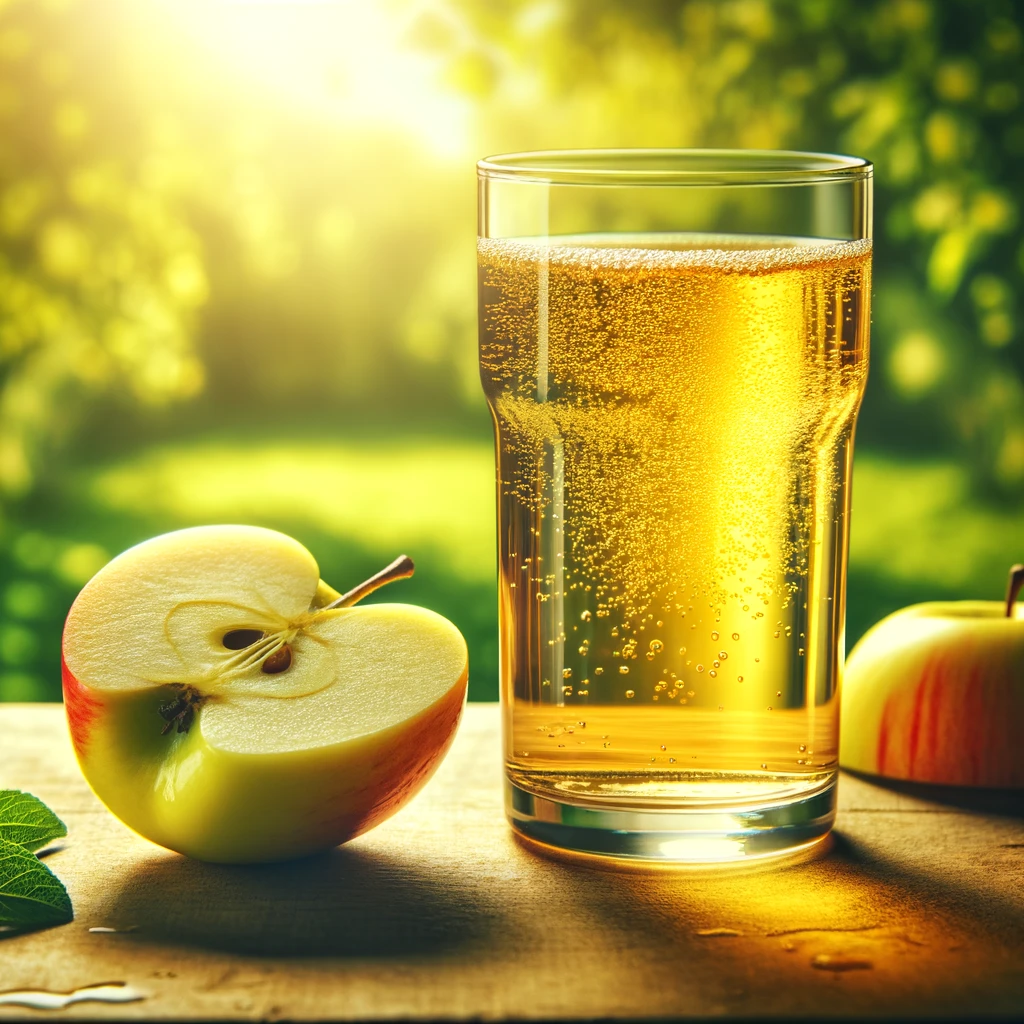
Dandruff, the flaky and often irritating scalp condition, plagues many individuals, spurred on by factors such as stress, lifestyle, environmental pollution, and more. While the market is flooded with treatments promising relief, most offer only temporary solutions. It’s becoming increasingly clear that turning to nature may hold the key to effectively combating dandruff. This post delves into an easy, natural remedy using apple juice—a staple that might just be your scalp’s new best friend.
The Dandruff Dilemma
The modern lifestyle, coupled with exposure to pollution and the incessant demands of daily life, contributes significantly to the prevalence of dandruff. This common scalp ailment is not only a source of discomfort but also a cause of self-consciousness for many. The quest for a solution often leads to expensive treatments that, more often than not, fail to provide lasting relief. It’s in this context that natural remedies, with their promise of a more permanent resolution, become invaluable.
The Power of Apple Juice
Enter apple juice, a seemingly innocuous kitchen staple that harbors potent properties capable of addressing the root cause of dandruff. The secret lies in its natural composition, particularly the presence of malic acid, which acts as a gentle exfoliant. By eliminating dead skin cells from the scalp, apple juice helps to prevent the buildup that often leads to dandruff.
Things Required:
- 1 cup of freshly prepared apple juice (Opt for homemade to avoid additives found in packaged versions)
- ½ cup of water
How to Prepare and Apply:
- Mixing the Solution: In a bowl, combine the freshly prepared apple juice with half a cup of water. The dilution makes the mixture less sticky and easier to apply while retaining its efficacy.
- Application: Apply the diluted apple juice mixture directly onto your scalp, ensuring even coverage. Gently massage it into the scalp to enhance absorption and stimulate blood circulation.
- Waiting Period: Allow the mixture to sit on your scalp for approximately 20 minutes. This duration gives the malic acid ample time to work its exfoliating magic.
- Rinsing: Wash off the mixture thoroughly with plain water. It’s important to ensure no residue is left behind to avoid any potential stickiness or scalp irritation.
- Frequency: For optimal results, this natural dandruff remedy can be used once or twice a week. Consistency is key, and with regular use over a few months, you should begin to notice a significant reduction in dandruff.
Why It Works:
The effectiveness of apple juice against dandruff can be attributed to malic acid’s exfoliating properties. By gently removing dead skin cells, it prevents the buildup that typically leads to dandruff. Furthermore, apple juice can help restore the natural pH balance of the scalp, creating an environment less conducive to the yeasts and fungi that often contribute to dandruff.
Conclusion
In the battle against dandruff, natural remedies offer a beacon of hope for those seeking lasting solutions. Apple juice, with its simplicity and accessibility, stands out as a particularly promising option. Not only does it tackle the immediate symptoms of dandruff, but it also addresses the underlying causes, paving the way for healthier, flake-free scalp. Embrace the natural goodness of apple juice and embark on a journey to dandruff-free hair.

Dandruff is a common and bothersome problem faced by many individuals, leading to hair fall, hair thinning, and scalp irritation. While commercial anti-dandruff products flood the market, they often come with harsh chemicals that may not suit everyone. Fortunately, there are natural home remedies that can effectively combat dandruff without any harmful side effects. In this post, we will explore a simple yet powerful remedy to solve and prevent dandruff problems.
The Coconut Oil and Lemon Juice Remedy
This remedy combines the goodness of two natural ingredients: coconut oil and lemon juice. The anti-fungal and cleansing properties of lemon juice work effectively against the fungus causing dandruff, while the moisturizing properties of coconut oil nourish the scalp and prevent dryness.
Things Required
To prepare the Coconut Oil and Lemon Juice remedy, you will need the following:
- One spoon of Coconut oil
- One spoon of Lemon Juice
How to Prepare and Apply
- Mix the coconut oil and lemon juice in a small bowl.
- Stir well until both ingredients are thoroughly combined.
- Apply the mixture directly to your scalp and gently massage it in.
- Leave it on for 10 – 15 minutes to allow the remedy to work effectively.
- Wash your hair thoroughly using a mild shampoo.
Benefits of Lemon Juice for Dandruff
Lemon juice is a powerful natural remedy for dandruff due to its anti-fungal properties. It helps fight against the fungus that causes dandruff and prevents its growth. Additionally, lemon juice acts as a natural cleanser, cleaning the hair follicles and removing dirt and microbes that may be contributing to the problem.
Benefits of Coconut Oil for Dandruff
Coconut oil has long been renowned for its hair growth properties. Its moisturizing abilities provide the much-needed hydration to the scalp, preventing dryness and flakiness associated with dandruff. Regular application of coconut oil can also strengthen the hair, making it less prone to breakage.
How Often to Use the Remedy
For optimal results, it is recommended to use the Coconut Oil and Lemon Juice remedy regularly. Applying it on alternate days will help combat and prevent dandruff effectively. Remember that consistency is key when it comes to natural remedies, and results may vary depending on individual hair and scalp conditions.
Precautions
While this remedy is generally safe for most people, it is essential to be mindful of a few precautions:
- Allergy Test: Before applying the remedy to your scalp, conduct a patch test on a small area of skin to check for any allergic reactions to the ingredients.
- Avoid Open Wounds: Lemon juice may cause irritation if applied on open wounds or cuts. Make sure your scalp is free from any cuts or injuries before using the remedy.
- Sun Exposure: Lemon juice can make your scalp sensitive to sunlight, so it is advisable to avoid direct sun exposure on the scalp after using the remedy.
Conclusion
Dandruff can be a stubborn and persistent issue, but it can be effectively managed and prevented using natural remedies like Coconut Oil and Lemon Juice. By incorporating this simple yet powerful remedy into your hair care routine, you can bid farewell to dandruff and welcome healthier, flake-free hair and a happier scalp. Remember, embracing the power of nature is the key to achieving a balanced and nourished scalp.
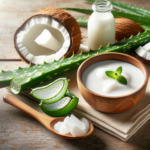
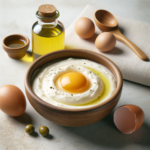
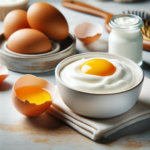

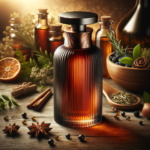
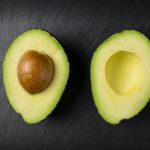
Leave a Reply